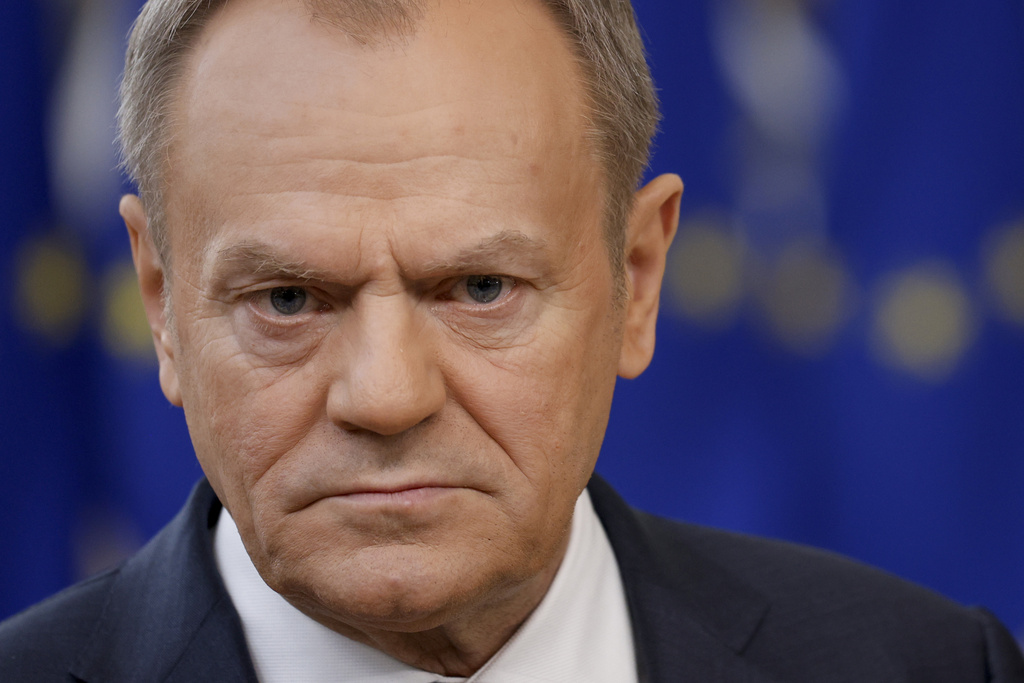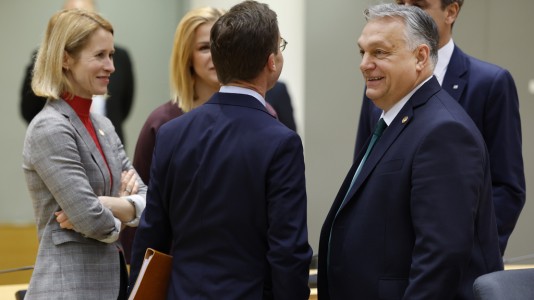In a revealing insight into the national mood, the Center for Public Opinion Research (CBOS) has conducted a survey asking Polish citizens about their emotional responses to the current situation in Poland. The findings, which are not favorable for the ruling left-liberal coalition, show a significant level of discontent and concern.
When asked to select from a list of 15 emotions, the most commonly reported feelings were “nervousness, irritation, and impatience,” cited by 42 percent of respondents. This was closely followed by “fear, anxiety, worry, and dread” by 40 percent and “shame and embarrassment” at 36 percent.
Additionally, 31 percent of those surveyed reported feelings of “helplessness and powerlessness,” while “anger, rage, and wrath” were mentioned by 26 percent.
Other emotional states identified included “depression, sadness, regret” at 22 percent, and “weariness” at 21 percent. Surprisingly, the eighth place in the ranking was taken by “surprise,” a relatively neutral emotion, chosen by 25 percent of participants.
Only 18 percent of respondents felt “joy and happiness” and even fewer, 16 percent, experienced “relief and relaxation.”
“Disgust” was reported by 15 percent and “humiliation” by 9 percent.
In a specific inquiry about the societal reaction to Donald Tusk’s government formation, the study found that 37 percent of respondents felt fear and apprehension, fearing the situation might worsen.
This level of concern was only surpassed by the reaction to Jan Olszewski’s premiership in 1992, which alarmed 41 percent of Poles. Interestingly, the same percentage of respondents, 37 percent, expressed fear when Tusk first became Prime Minister in 2011, a sentiment also mirrored in the case of Beata Szydło in 2015.
Despite these concerns, 40 percent of those surveyed after the power shift on October 15, 2023, expressed hope and belief in an improvement. This contrasts with the 59 percent optimism rate when Tusk first assumed the prime ministerial role in 2007, indicating a shift in public sentiment over time.





